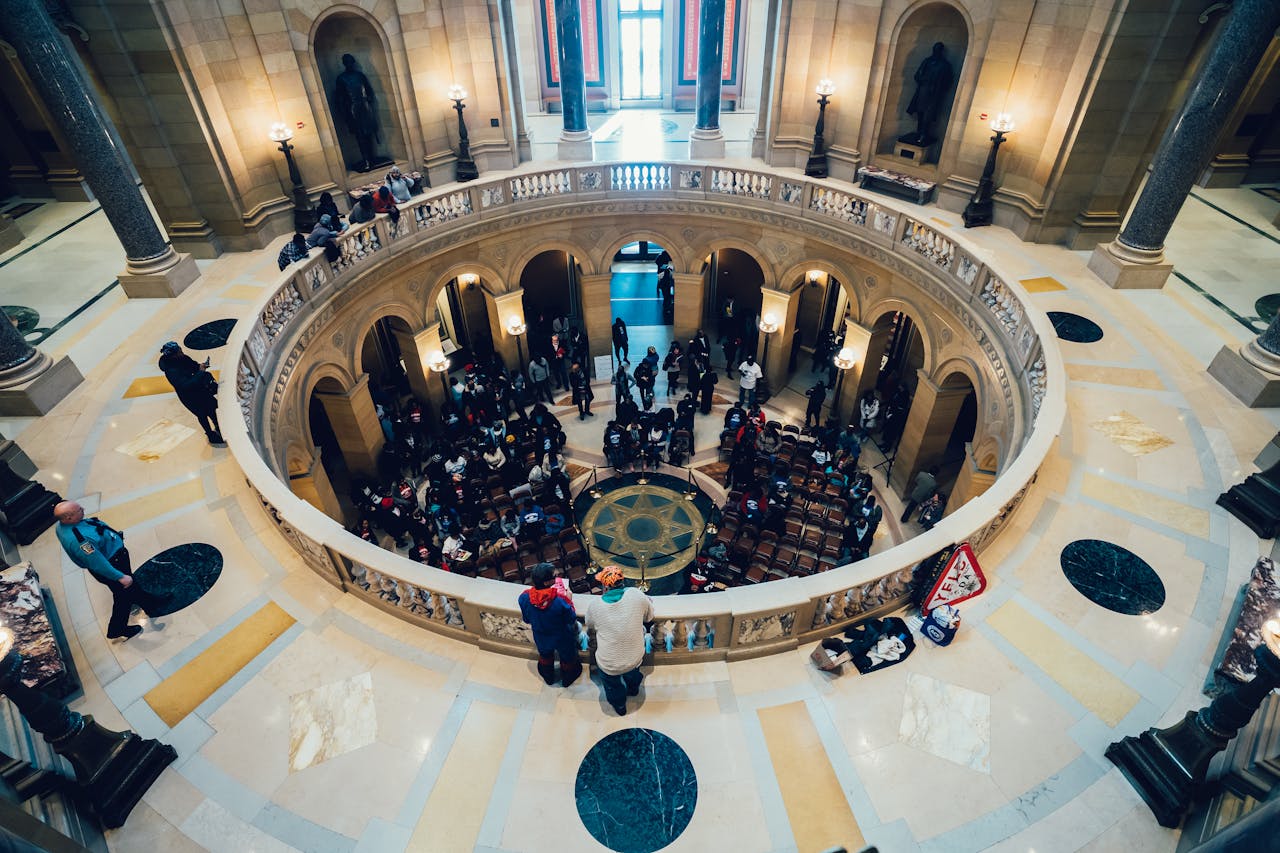
The U.S. House of Representatives wanted it. The Senate wanted it. Much, if not all, of the cryptocurrency industry wanted it. But on Friday, President Biden made good on his threat to veto a resolution that sought to loosen regulations regarding how financial institutions hold digital assets on their balance sheets.
“My administration will not support measures that jeopardize the well-being of consumers and investors,” President Biden said in a statement. “Appropriate guardrails that protect consumers and investors are necessary to harness the potential benefits and opportunities of crypto-asset innovation.”
The issue at hand was a repeal of the Securities and Exchange Commission’s Staff Accounting Bulletin 121. This bulletin was designed to compel financial institutions that are holding digital assets to keep those assets on their own balance sheets. Those backing the repeal – which included both Republicans and Democrats – claimed that the current policy was too restrictive and made it harder for financial institutions to work with cryptocurrency businesses.
The decision has enraged some and led observers to suggest that digital assets could become an issue in this year’s presidential election. Likely Republican Party nominee Donald Trump reportedly referred to the Democratic Party’s apparent distaste for crypto at a recent event – during which the former president promoted his own digital asset, a non-fungible token (NFT).
Whether Biden’s cautious approach to crypto will be a political liability in November remains to be seen. Crypto industry polls indicate that more than 20% of voters in swing states consider crypto a “major issue.” At the same time, a 2023 Pew Research Center Survey showed that most Americans continue to have major concerns about the safety and reliability of digital assets.
Blockchain and crypto solutions company Ripple has teamed up with cross-border payments solutions provider for regulated institutions, Clear Junction. The partnership will enable Clear Junction to facilitate instant and secure GBP and EUR-denominated payout coverage for Ripple’s payment clients – with additional currencies to be added later in the year.
Cassie Craddock, Ripple’s Managing Director for Europe, praised Clear Junction’s ability to support all of Ripple’s use cases. “Clear Junction already has strong relationships with a number of our existing clients, and its management team has many years of experience in cross-border payments and banking,” Craddock said.
Making its Finovate debut in 2013 as OpenCoin, Ripple has grown into a major cryptocurrency and blockchain technology firm with hundreds of customers in 55+ countries and payout capabilities in 80+ markets. Businesses rely on Ripple’s enterprise blockchain solutions to source crypto assets, facilitate instant payments, engage new audiences, grow revenues, and more.
The partnership news with Clear Junction comes in the wake of Ripple CEO Brad Garlinghouse’s suggestion that an exchange-traded fund (ETF) based on Ripple’s XRP coin is “inevitable.” Also, somewhat apropos of our opening story, Ripple recently donated $25 million to Fairshake, a super PAC dedicated to pro-crypto political advocacy in 2024.
The Bank for International Settlements (BIS) is investigating the use of wholesale central bank digital currencies (wCBDCs) to improve instant cross-border payments. The new initiative is called Project Rialto and is a collaboration between the BIS Innovation Hub Eurosystem and Singapore Centres, along with a number of central banks. The project takes its name from a famous bridge in Venice, Italy, that spans the banks of the Grand Canal.
“Decentralized solutions, CBDC and interlinked payment infrastructures are considered promising avenues to improve cross-border payments,” the BIS noted in a statement. “How they interact has not yet been explored and could yield answers that advance cross-border payments globally.”
Wholesale CBDCs differ from retail CBDCs in that the latter is designed for use by the general public. Wholesale CBDCs are used by banks and other licensed financial institutions for interbank payments and securities settlements. A third type of CBDC, hybrid CBDCs, combine features of both wholesale and retail CBDCs. All CBDCs offer greater efficiency compared to traditional trade and settlement methods, reducing operational expenses, enhancing transparency, and improving the overall reliability of transactions.
Deutsche Bank announced this week that it is partnering with Austrian cryptocurrency brokerage Bitpanda. Deutsche Bank will process customer deposits and withdrawals for the broker, and has agreed to give local bank account numbers to Bitpanda users in Germany.
The move is a significant one for the industry. Crypto businesses have found it challenging to find banking partners in the wake of high-profile collapses of crypto-friendly banks in 2023, like Silicon Valley Bank and Silvergate Capital Corporation.
That said, Deutsche Bank considers this a “very cautious” initial step. While the partnership does mean that fiat currency deposits and withdrawals from Bitpanda will flow through Deutsche Bank, the bank is not involved in the movement of any crypto assets. As Deutsche Bank Global Head of Cash Management Ole Matthiessen explained to Reuters, the bank will merely assist clients with their ingoing and outgoing transactions while supporting Bitpanda’s treasury and payments process.
Bitpanda was founded in 2014. The company has more than four million users on its platform, which offers trading and investing in cryptocurrencies, fractional shares of stock, and precious metals. This week’s announcement builds on Bitpanda’s existing relationship with Deutsche Bank for its cross-currency operations in Austria and Spain.
Be sure to check out this week’s Finovate Weekly newsletter on LinkedIn featuring a pair of crypto/blockchain-related articles!